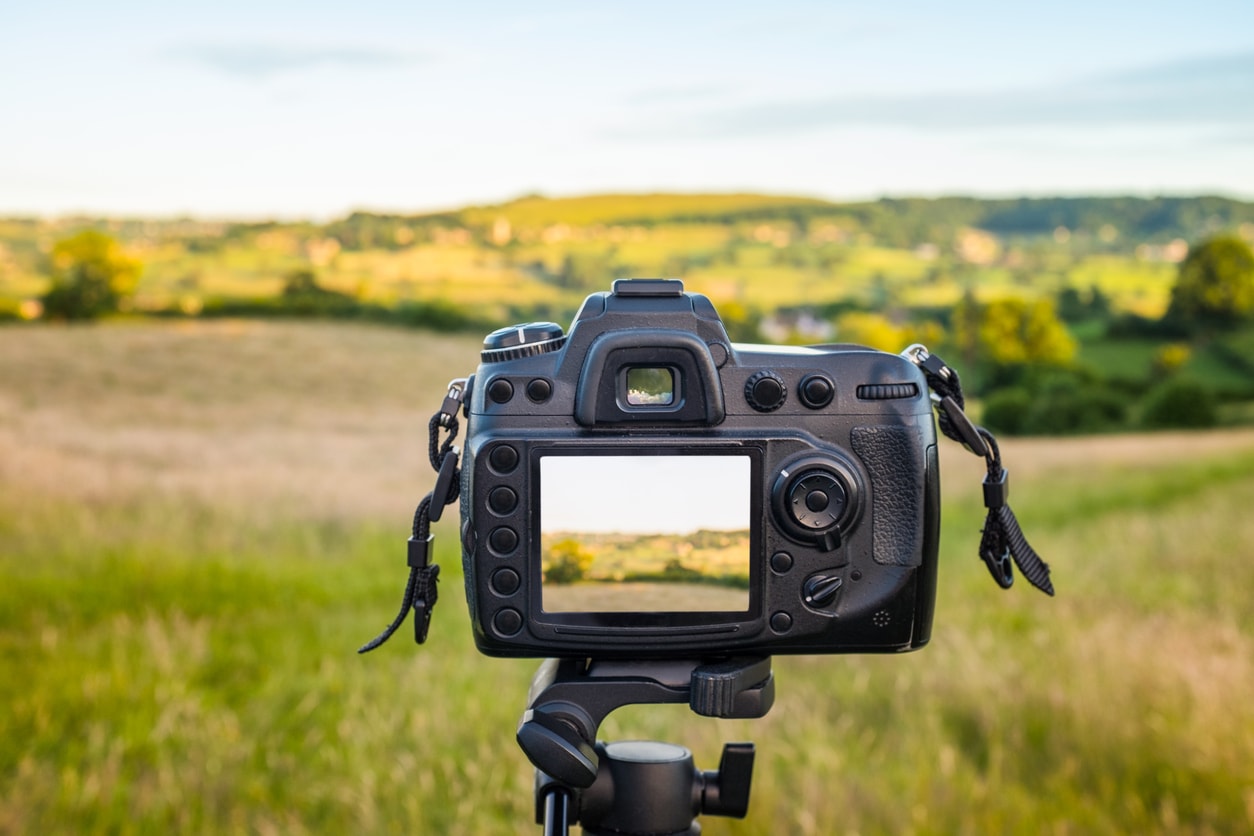How to Properly Take Care of Your Mirrorless Camera for Longevity
Professional photographers know that investing in high-quality gear is essential for capturing stunning images. However, taking care of that gear is just as crucial. In this article, we explore how to take care of mirrorless camera equipment to ensure it remains in peak condition and continues to deliver outstanding results.

Essential Tips for Maintaining Your Mirrorless Camera
1. Regular Cleaning
The first and most vital step in camera care is regular cleaning. Dust and dirt can easily accumulate on the sensor and lenses, leading to unwanted spots on your photos. Use a blower to remove loose dust from the sensor and a microfiber cloth on the lenses. Avoid touching the sensor directly as it can be easily scratched.
Refer to this article for detailed cleaning methods.
2. Proper Storage
When your camera is not in use, make sure it's stored in a cool, dry place. Use a camera bag with padded compartments to avoid physical damage. Insert silica gel packs in your storage to absorb any moisture that can potentially harm your gear.
3. Battery Care
Your camera's battery is its lifeline. Always turn off your camera before removing the battery. Keep spare batteries with you during shoots, and store them in a cool place when not in use. Periodically charge and discharge the batteries fully to keep them in good condition.

Importance of Firmware Updates
Firmware updates from the manufacturer can enhance the performance and fix bugs in your camera. Regularly check for updates and install them to keep your camera functioning flawlessly.
4. Use the Right Accessories
Using the right accessories can prevent wear and tear on your camera. Invest in a good quality camera strap to avoid accidental drops. Lens hoods and UV filters can protect your lens from scratches and dust.
Check out this guide on carrying mirrorless cameras smartly.

Taking Care of the Camera Sensor
5. Sensor Cleaning
One of the most delicate parts of a mirrorless camera is the sensor. Use a specialized sensor cleaning kit and avoid doing it too frequently. Always follow the manufacturer's instructions when cleaning the sensor.
Learn about maximizing the life span of your camera in this article.
6. Avoid Frequent Lens Swaps
Minimize the number of times you swap lenses to reduce the chances of dust entering the camera body. Always switch off the camera before changing lenses, and do it in a clean, dust-free environment.

Environmental Considerations
7. Protecting Against Weather Conditions
Harsh weather conditions can negatively impact your camera's performance. Use waterproof covers during rainy shoots and avoid exposing your camera to extreme temperatures. Store the camera in a sealed bag when moving from cold to warm environments to avoid condensation.
For extreme weather and environment tips, check this article.
8. Handling the Camera Gently
Always handle your camera with clean hands and avoid over-tightening the tripod mounts. Rough handling can misalign the delicate internal components, impacting the image quality.
To learn about easy-to-use mirrorless cameras, read this blog post.
Routine Professional Maintenance
9. Regular Professional Check-ups
Even with meticulous home care, taking your camera for professional maintenance annually can help identify potential issues early on and keep your camera running smoothly.
Conclusion
Taking care of your mirrorless camera is not a one-time task but an ongoing process. By following these detailed steps, you can ensure that your camera remains in prime condition, allowing you to focus on capturing breathtaking images. For more information on the advantages of mirrorless cameras, check out this in-depth article.
Faqs<
1. How often should I clean my mirrorless camera's sensor?
Generally, you should clean the sensor only when necessary, i.e., when you notice spots on your images. Over-cleaning can potentially damage the sensor.
2. Can I use regular household cleaning solutions on my camera?
No, it is recommended to use specialized camera cleaning solutions and tools to avoid damaging delicate parts.
3. How do I know when my camera needs a firmware update?
You should regularly check the manufacturer's website for firmware updates, as they often include performance improvements and bug fixes.
As an Amazon Associate, I earn from qualifying purchases.

